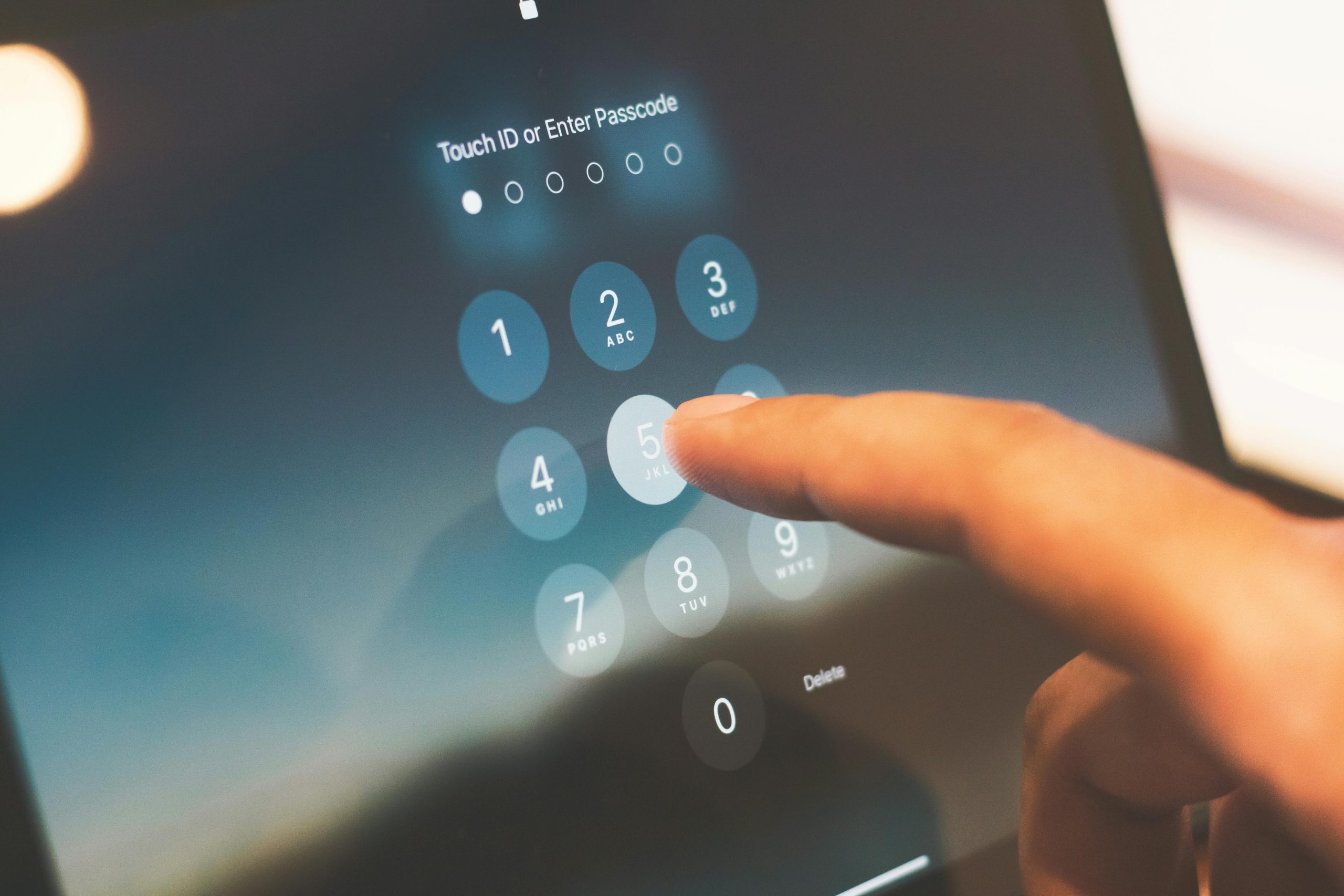Exploring Alternative Methods to Access BitLocker-Encrypted Data
Transferring files from an old laptop to a new device can sometimes present unexpected challenges, particularly when it involves encrypted storage. Recently, I encountered such a situation with my HP 15-fd1023ca laptop, which I purchased after my previous device experienced a hardware failure. My primary goal was to move data from my old SSD to my new machine, but I faced a hurdle: access to my encrypted files was blocked by BitLocker encryption.
Understanding the Issue
BitLocker is a built-in Windows encryption feature designed to protect data from unauthorized access. When attempting to access BitLocker-encrypted drives, users are prompted to enter a recovery key. Typically, this recovery key is stored in your Microsoft account, a recovery key file, or printed and stored securely elsewhere.
In my case, I discovered that the recovery key was not available in my Microsoft account. Without this key, Windows cannot decrypt the data, rendering the files inaccessible. This situation is a common concern for users who may have overlooked or misplaced their recovery keys, emphasizing the importance of secure storage of such critical information.
Potential Alternative Strategies to Access Encrypted Data
While a missing recovery key complicates data access, there are several approaches you might consider:
- Check Other Storage Locations for the Recovery Key:
- Printed Copies: Review any printed documentation where you might have written down or printed the recovery key.
-
USB Drives or External Storage: Sometimes, recovery keys are saved to external devices.
-
Use Windows Recovery Options:
-
If you have access to the Windows login or an administrator account, you might attempt system recovery options or use troubleshooting tools to access the drive.
-
Third-Party Data Recovery Tools:
-
Some specialized software claims to recover or bypass certain encryption measures. However, use caution—many are unreliable or may compromise security. It’s important to research reputable tools and understand that success is not guaranteed, especially with strong encryption like BitLocker.
-
Consult Professional Data Recovery Services:
-
If the data is extremely important, professional data recovery specialists might employ advanced techniques to access encrypted drives. This can be costly but may be worthwhile for valuable data.
-
Contact Microsoft Support:
- Microsoft offers support channels where you can seek assistance or verify if recovery options exist related to your Microsoft account issues. Be prepared to provide proof of ownership and
Share this content:



